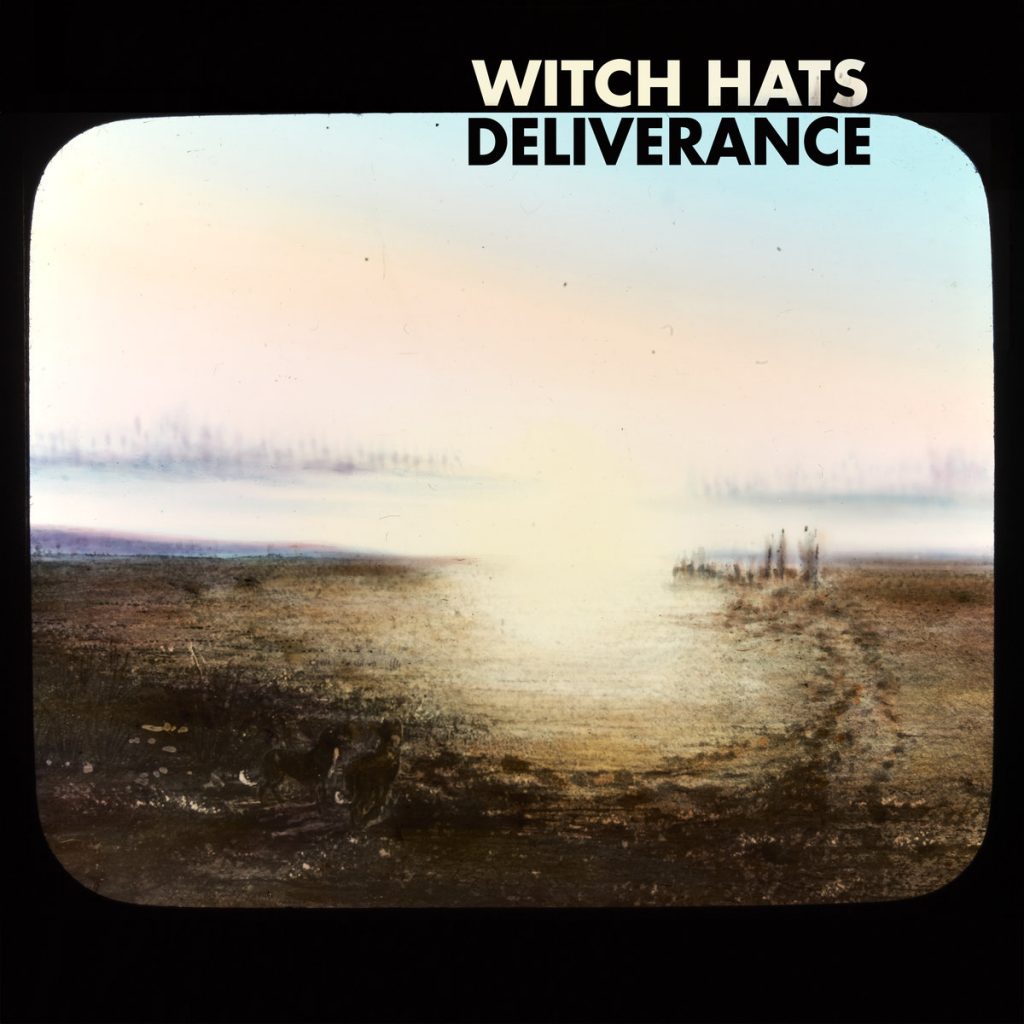Peter Garrett is back, and he’s ready to dance again
In the nascent Sydney punk scene of 1976, the Oxford Funhouse on Taylor Square was ground zero. The venue had been established by Radio Birdman who, along with Brisbane’s the Saints, can lay claim to the title of Australia’s first punk band.
Peter Garrett, who was leading an embryonic band not yet named Midnight Oil at the time, checked them out early and came away a changed man, marvelling at how the hipsters in the crowd kept their sunglasses on amid the mayhem. “The sound was laser-bright and ferocious, and frontman Rob Younger was riveting, stalking the tiny stage with a leonine fury,” he wrote in his memoir, Big Blue Sky, released late last year.
If you want an idea of where Garrett got the unique dance step that captivated audiences for over 20 years, watch Younger in action. Garrett wasn’t informed by his movements so much as the idea of performance as an altered form of consciousness. “I like to get myself into a state where I’m not aware of what I do at all, yet somehow I get it all out,” Younger said at the time. “I don’t know, I try not to think about it.”
Garrett similarly deflects questions about his dancing, as if talking about it might cause him to freeze.… Read more..
Peter Garrett is back, and he’s ready to dance again Read More »
